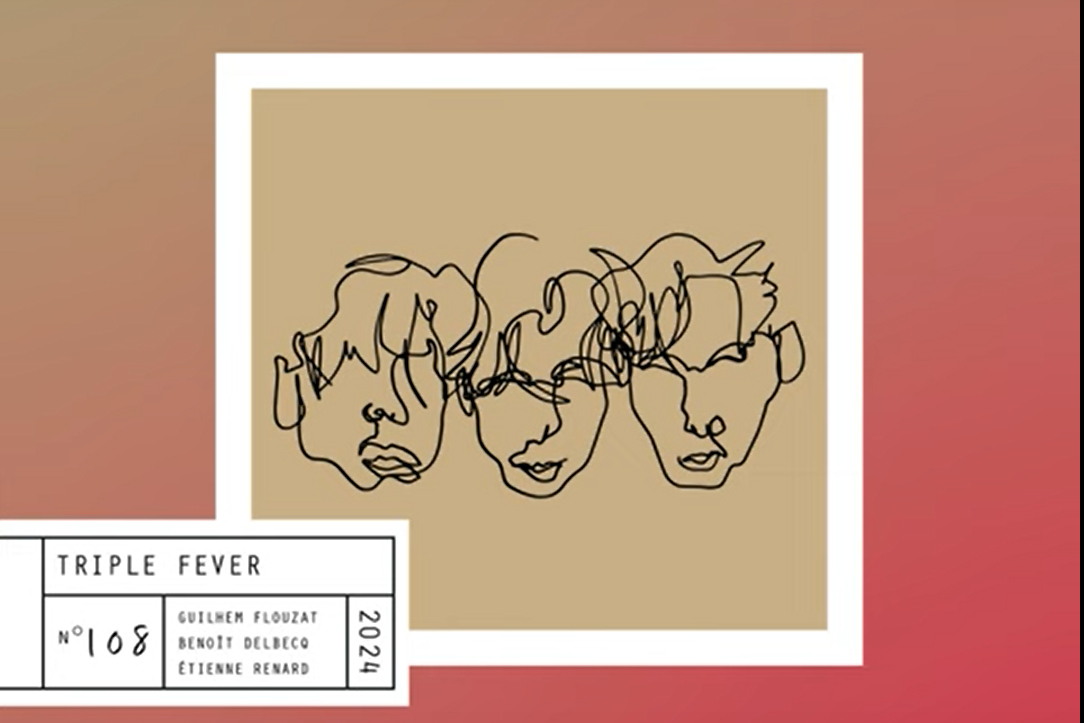Review: ‘Blue Note Re:imagined’
|
Getting your Trinity Audio player ready...
|
Blue Note has a more important discography than almost any label in the history of jazz, encompassing decades of some of the most significant music ever recorded within the idiom. For more than 80 years, the label has produced legendary recordings. It has not rested on its laurels in the modern era, continuing to release compelling and influential works to this day. Blue Note Re:imagined (Blue Note/Decca, 2020) celebrates this tradition by featuring a collection of covers of some of the label’s classics made by young musicians ranging from R&B talent Jorja Smith to multi-instrumentalist Shabaka Hutchings. As all of the album’s featured artists are British-based, it can also be seen as a monument to the excitement and musical caliber of the contemporary London scene – a continuation in some ways of the celebrated We Out Here (Brownswood Recordings, 2018) compilation.
What makes the album excel is that although it encompasses decades of music, performed by those who come from many styles and backgrounds, it does not feel disjointed. The tracks flow together and fit well alongside each other. They have a cohesive aesthetic musically, despite their diversity. Many of the songs embrace the influence of R&B and hip-hop grooves and are danceable when the original source material often is not. Blue Note Re:imagined embraces contemporary approaches nearly as much as modern jazz can, to great effect. The musicians play authentically in their own voices and do not simply imitate the originals. This exposes one of the great takeaways from the record; that there are countless links between the classics of the Blue Note catalog and modern jazz and R&B. The second track, the Ezra Collective’s cover of “Footprints,” the Wayne Shorter standard, is an excellent example. Although the horn arrangement only varies slightly from the original, the classic melody is juxtaposed over a tasty J Dilla style neo-soul beat, an effective take on the well-known groove of the song. It also features quality improvisation from trumpeter Ife Ogunjobi and pianist Joe Armon-Jones. The latter provides one of the album’s standout solos, a joyful, articulate expression of emotion.
A testament to the elder saxophonist’s influence, Wayne Shorter compositions are covered on the album several other times beyond “Footprints.” One of the best of these is the closing piece on Blue Note Re:imagined, Emma-Jean Thackray’s tight blend of the Shorter compositions “Speak No Evil / Night Dreamer.” The version spotlights her excellent voice and ability to blend vocals, trumpet, keyboards, and percussion into strong arrangements, as well as a vocal outro which imparts listeners to “stand up and be a force of good.”
Another outstanding number is Alfa Mist’s cover of Eddie Henderson’s “Galaxy” where moody horns- including trumpet with a wah effect- interact over a rhythm section in the pocket and Alfa’s distinctive electric piano, rising from a meditative intro into a dramatic climax. The song demonstrates a facet that contributes to the album’s excellence – the mixing and production. Every musical detail, from the effects on the horns to the bass to the drums and drum programming, sounds current but not overproduced, striking a careful but elegant balance. Other tracks, including the R&B oriented Jordan Rakei cover of “Wind Parade” by Donald Byrd, also show a willingness to adopt more modern mixing and production techniques than is typical for a jazz record, and it sounds excellent.
All in all, Blue Note Re:imagined sits among the best albums of 2020 so far. Every song makes a worthwhile statement and has value artistically. While compilations can sometimes fall flat, this one feels vibrant and exciting, spotlighting some of the most talented musicians active today. Unifying modern production, great playing, and some of the most iconic jazz standards, it ultimately serves to be a work worthy of the label’s esteemed tradition.
Blue Note Re:imagined will be released on October 16, 2020, on Blue Note Records and Decca Records.
Tracklist: 1. Rose Rouge [from St Germain’s Tourist (2000)]; 2. Footprints [from Wayne Shorter’s Adam’s Apple (1966)]; 3. Watermelon Man (Under the Sun) [from Herbie Hancock’s Takin’ Off (1962)]; 4. Wind Parade [from Donald Byrd’s Places and Spaces (1975)]; 5. Illusion (Silly Apparition) [from Andrew Hill’s One for One (1969)]; 6. Galaxy [from Eddie Henderson’s Sunburst (1975)]; 7. Search for Peace [from McCoy Tyner’s The Real McCoy (1967)]; 8. A Shade of Jade [from Joe Henderson’s Mode for Joe (1966)]; 9. Etcetera [from Wayne Shorter’s Etcetera (1965)]; 10. Montara [from Bobby Hutcherson’s Montara (1975)]; 11. I’ll Never Stop Loving You [from Dodo Greene’s My Hour of Need (1962)]; 12. Armageddon [from Wayne Shorter’s Night Dreamer (1964)]; 13. Maiden Voyage [from Herbie Hancock’s Maiden Voyage (1965)]; 14. Prints Tie [from Bobby Hutcherson’s San Francisco (1970)]; 15. Carribean Fire Dance [from Joe Henderson’s Mode for Joe (1966)]; 16. Speak No Evil/Night Dreamer [from Wayne Shorter’s Speak No Evil (1964) and Night Dreamer (1964).
Artists: Jorja Smith (1); Ezra Collective (2); Poppy Ajudha (3); Jordan Rakei (4); Skinny Pelembe (5); Alfa Mist (6); Ishmael Ensemble (7): Nubya Garcia (8); Steam Down featuring Afronaut Zu (9); Blue Lab Beats (10); Yazmin Lacey (11); Fieh (12); Mr Jukes (13); Shabaka Hutchings (14); Melt Yourself Down (15); Emma-Jean Thackray (16).



